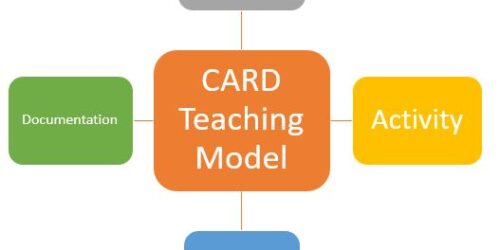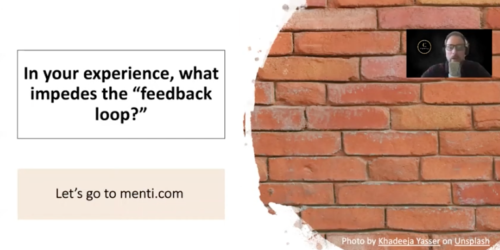Why We Wear Orange and Learn on the Land: National Day of Truth and Reconciliation
Author’s Acknowledgement
This post has been written from the perspective of a first-generation settler, living on the traditional lands of the Attawandaron, Anishinaabek, and Haudenosaunee Peoples, and the treaty lands of the Mississaugas of the Credit in Guelph, Ontario. As an immigrant, I first arrived on the lands of the Blackfoot People of the Canadian Plains, also known as Lethbridge, Alberta. This resource is a work in progress and is by no means exhaustive. My intentions in preparing this post is to take responsibility for my own learning on this topic, and contribute to the decolonization and Indigenization of post-secondary spaces. To amplify and incorporate Indigenous perspectives into this resource, Indigenous voices have informed this post.
“For Indigenous Peoples, the goal for our land is definitely protection, but it’s also about use. We see ourselves as so integrated with our territory that our protection is tied to our use and our use is tied to our protection. We use the resources on our territory to live.”
Rebecca Adamson, Founder of First Nations Development Institute and First Peoples Worldwide
Indigenizing education begins and ends with the Land and in relationship. Also, decolonizing and indigenizing education takes effortful reflections and intentional learning, especially for settlers on this land. This journey begins with a commitment to learn about the truths in an effort to move towards reconciliation.

As we all begin our fall semesters, meet our students, start teaching new and old courses, we encourage all Conestoga faculty to commit to their personal journey towards Truth and Reconciliation. One first, yet very small step, is to learn more about September 30th, National Day for Truth and Reconciliation.
Wherever you are in your journey with truth and reconciliation, we have several opportunities for faculty to continue learning. Check out some of the resources and our Conestoga specific opportunities below:
Learn more about the land you live on through Whose Land
Learn about how you, as Conestoga faculty, can build truth and reconciliation for Indigenous Peoples into your teaching
Understand why language and terms are important for First Peoples in Canada
Reflect on your relationship to the land and consider incorporating a land acknowledgement into your teaching.
Read Phyllis Webstad’s Story Here to understand why it is called Orange Shirt Day
Sign up for one of our six courses in the Awareness of Indigenous Values, Identity, and Spirit micro-credential, and experience a decolonized learning environment while learning about core teaching of first nation peoples from across Turtle Island. All courses are taught by Indigenous knowledge keepers.
Use this Conestoga Guide to find books, journals, films and other resources for educational, research, and leisure purposes in enhancing your knowledge about Indigenous ways of being and knowing and more.
Learn more about the Maamwi Hub, a learning portal for all Ontario Public Colleges.
Learn more about land-based learning by signing up for an upcoming learning on the land workshop facilitated by Indigenous Studies faculty, Zandra Bear-Lowen
Have you started your journey towards truth and reconciliation? Have other great resources for Conestoga faculty to support their learnings? Share your resources with Dr. Sara Kafashan, Teaching and Learning Consultant, by emailing skafashan@conestogac.on.ca



